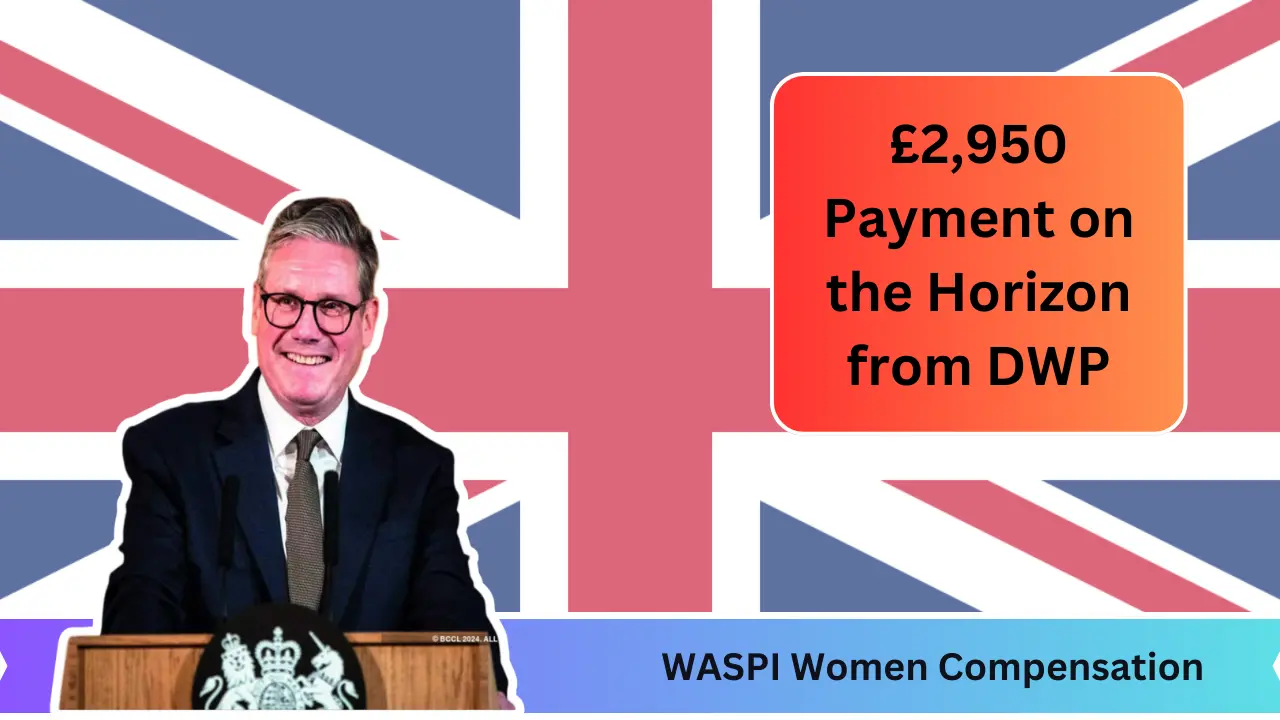The Women Against State Pension Inequality (WASPI) campaign continues to demand justice for women born in the 1950s who were affected by unexpected delays in their state pension payments. These delays resulted from changes in legislation aimed at equalizing the state pension age for men and women. However, the lack of clear communication left many women financially unprepared and emotionally distressed.
A key development came in March 2024 when the Parliamentary and Health Service Ombudsman (PHSO) published a report detailing the Department for Work and Pensions’ (DWP) “maladministration” in managing the pension age transition. The Ombudsman concluded that the government had failed to adequately inform the affected women, leading to significant hardship. The report recommended compensation payments of up to £2,950 to help address the financial and emotional toll caused by this failure.
Table of Contents
- WASPI Women Demand Immediate Resolution
- Political Responses: A Call to Action
- DWP Work and Pensions Committee Responds
- Grassroots Advocacy and Public Sentiment
- What’s Next for WASPI Women?
WASPI Women Demand Immediate Resolution
WASPI supporters have long criticized the delayed action on the issue, arguing that many women were left in financial turmoil when they were forced to postpone their retirement plans without sufficient notice. Many have reported falling into debt or facing homelessness as a result of the pension age changes.
The leadership of the WASPI campaign is calling for an official apology from the government and the immediate rollout of a compensation scheme. However, they argue that the £2,950 cap recommended by the Ombudsman does not adequately reflect the hardship faced by many women affected by these changes.
Political Responses: A Call to Action
Politicians have also voiced their support for the WASPI campaign. Labour MP Ian Byrne has been particularly vocal, demanding that the government set up a compensation scheme by February 2025. In a speech to the House of Commons, Byrne referenced the PHSO report and urged the government to act swiftly in order to alleviate the suffering of millions of women.
Byrne also questioned the Secretary of State for Work and Pensions about whether compensation would be a key part of upcoming fiscal policy discussions. Other politicians, such as Liberal Democrat MP Susan Murray, have echoed similar concerns about the lack of progress on the issue.
Pensions Minister Emma Reynolds acknowledged the seriousness of the issue. She stated that she was the first minister in eight years to meet with the WASPI group and hear their concerns. Reynolds mentioned that the government is currently reviewing the Ombudsman’s report along with other evidence before deciding how to move forward.
DWP Work and Pensions Committee Responds
The Work and Pensions Committee has also added pressure on the government, urging ministers to present a detailed compensation proposal before the parliamentary summer recess. Their report suggests that compensation should vary based on the amount of notice given to individuals and the financial losses they experienced. The committee emphasized that the compensation should take into account the severity of the impact on each woman’s life, offering flexibility for cases of extreme financial distress.
Grassroots Advocacy and Public Sentiment
In addition to parliamentary efforts, grassroots support for the WASPI campaign is growing. Protests have been held across the UK, drawing attention to the issue, while the campaign’s social media presence has mobilized thousands of people to share their personal stories. The widespread nature of the injustice is becoming more apparent as the public reacts with outrage over the way the government has treated women who have paid into the pension system for decades.
Many citizens have expressed disbelief that these women, who contributed to the system for years, are now facing such dire circumstances. Critics argue that the government’s mishandling of the issue has damaged public trust in the pension system as a whole.
What’s Next for WASPI Women?
As the government continues to review the PHSO report and consider its options, WASPI women and their supporters remain vigilant. Campaign leaders have warned that further delays could exacerbate the sense of betrayal felt by millions. With many affected women now in their 60s and 70s, there is growing concern that justice may come too late to make a meaningful difference in their lives.
The clock is ticking for the government to deliver clarity and redress. A proposed deadline of February 2025 for implementing compensation is fast approaching. Meanwhile, campaigners continue to demand transparency and fairness, urging policymakers to prioritize the needs of those most impacted.
The WASPI case underscores the importance of effective communication in public policy. It is now a critical test of the government’s commitment to addressing historical injustices and ensuring that all citizens can retire with dignity and security.
Stay Updated on the WASPI Campaign
For the latest updates on the underpayment issue and to learn more about the WASPI campaign, you can follow them on their social media platforms:



